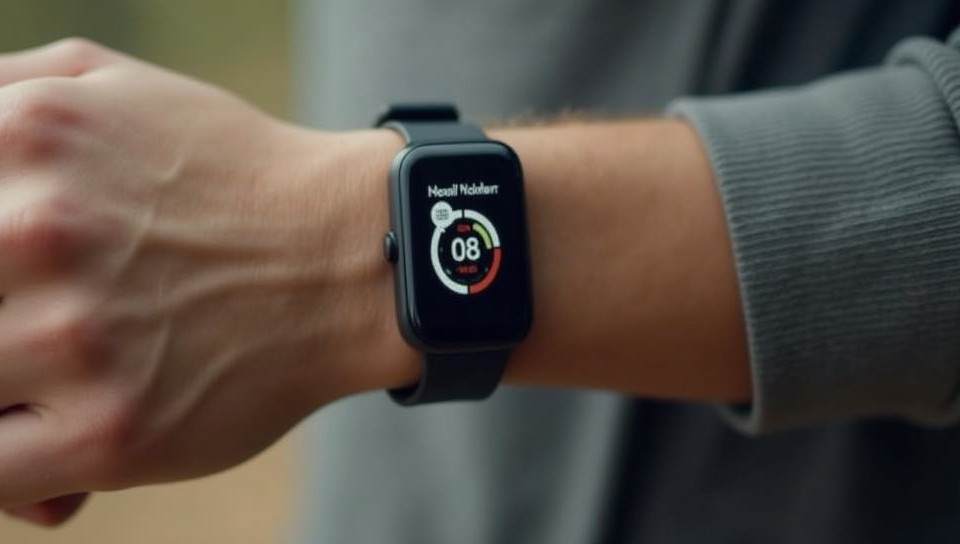Some fitness trackers can be unreliable for long-term wear 90%

The Dark Side of Fitness Trackers: Why Long-Term Wear May Not Be as Reliable as You Think
For many of us, fitness trackers have become an indispensable tool in our quest for a healthier lifestyle. We wear them on our wrists, tracking every step we take, every calorie we burn, and every heartbeat that beats within our chests. But have you ever stopped to think about the reliability of these devices? Can we truly trust the data they provide, especially when it comes to long-term wear?
The Risks of Long-Term Wear
Wearing a fitness tracker for extended periods can lead to inaccuracies in tracking data. Here are some reasons why:
- Inconsistent skin contact: If the strap doesn't fit snugly around your wrist, the sensor may not get accurate readings.
- Water and sweat exposure: Prolonged exposure to water and sweat can damage the device's electronic components or interfere with its ability to track activity.
- Battery drain: Continuous use of the tracker can quickly drain its battery, leading to inaccurate data collection.
Accuracy vs. Convenience
Fitness trackers are often designed for convenience rather than accuracy. While they may provide a general idea of your daily activity levels, they may not be able to accurately distinguish between different types of activities. For example:
- A fitness tracker may incorrectly log a walk as a run, or vice versa.
- It may underestimate the intensity of high-intensity interval training (HIIT) workouts.
What Can You Do?
While fitness trackers are not perfect, there are steps you can take to ensure more accurate tracking data:
- Clean and maintain your device regularly
- Replace worn-out straps with new ones
- Charge your tracker frequently to prevent battery drain
However, it's essential to understand that no device is 100% reliable. The best approach may be to use a fitness tracker as a rough guide rather than relying solely on its data.
Conclusion
Fitness trackers can be valuable tools in our journey towards better health and wellness. However, it's crucial to recognize their limitations, especially when it comes to long-term wear. By understanding the risks and taking steps to maintain your device, you can get more accurate tracking data and make informed decisions about your fitness routine. Ultimately, a fitness tracker should be seen as a supplement to your overall health strategy, rather than a replacement for regular exercise and medical check-ups.
- Created by: Mohammed Ahmed
- Created at: Aug. 24, 2024, 9:15 p.m.
- ID: 8172





